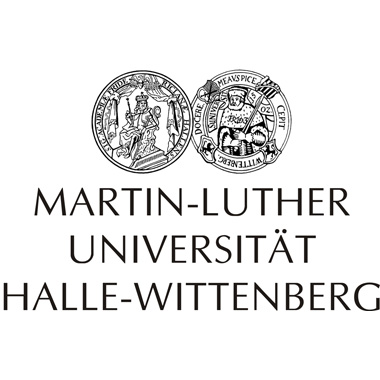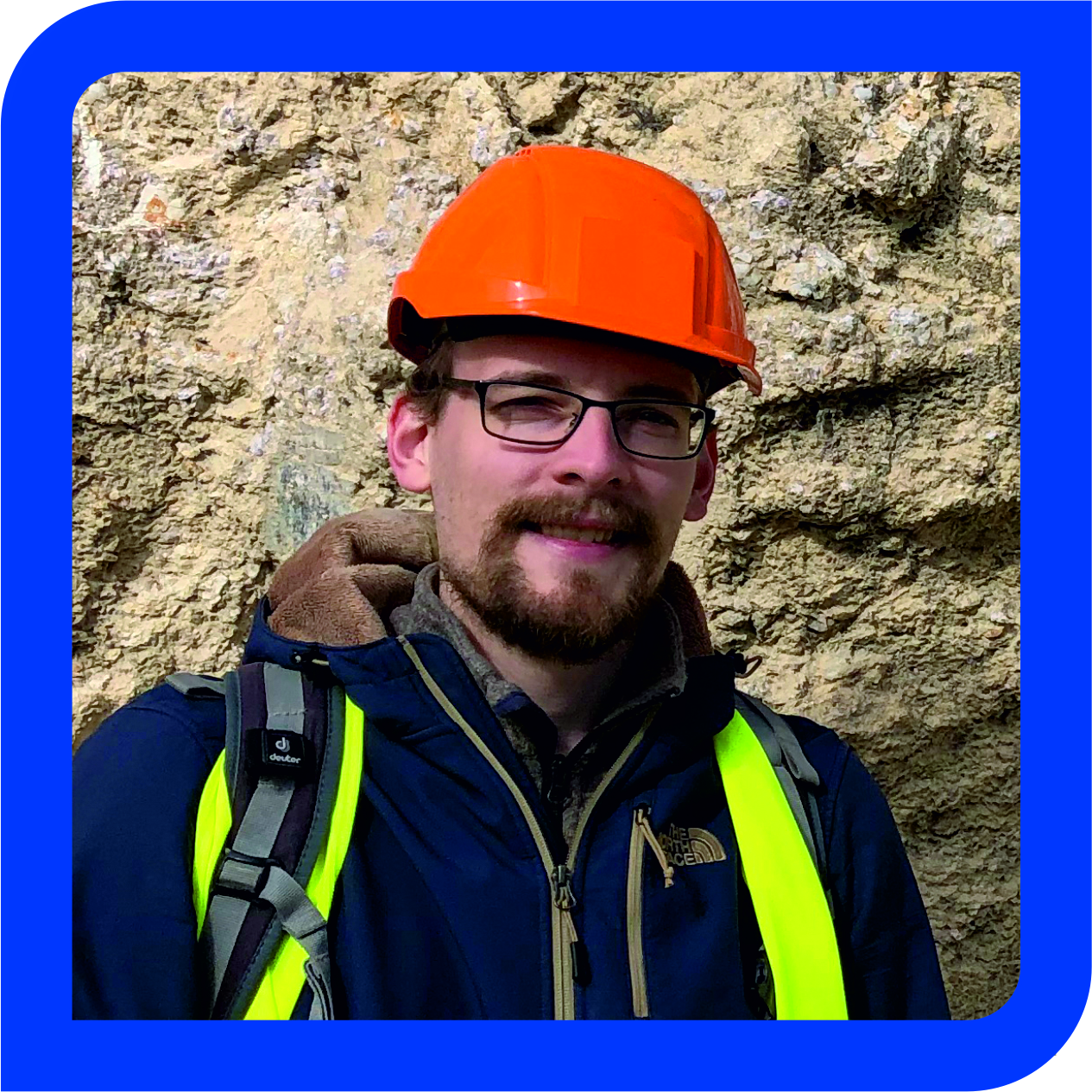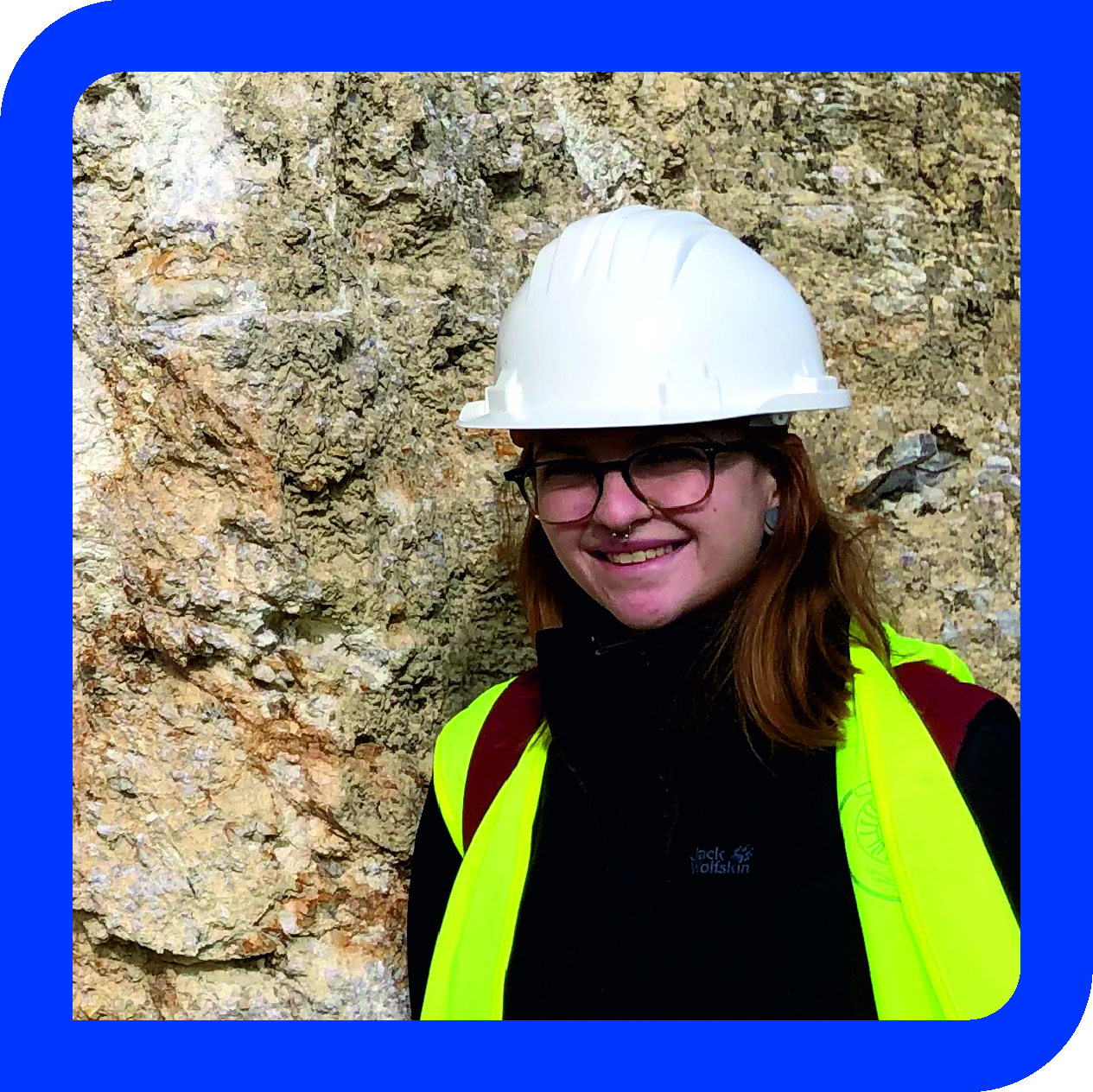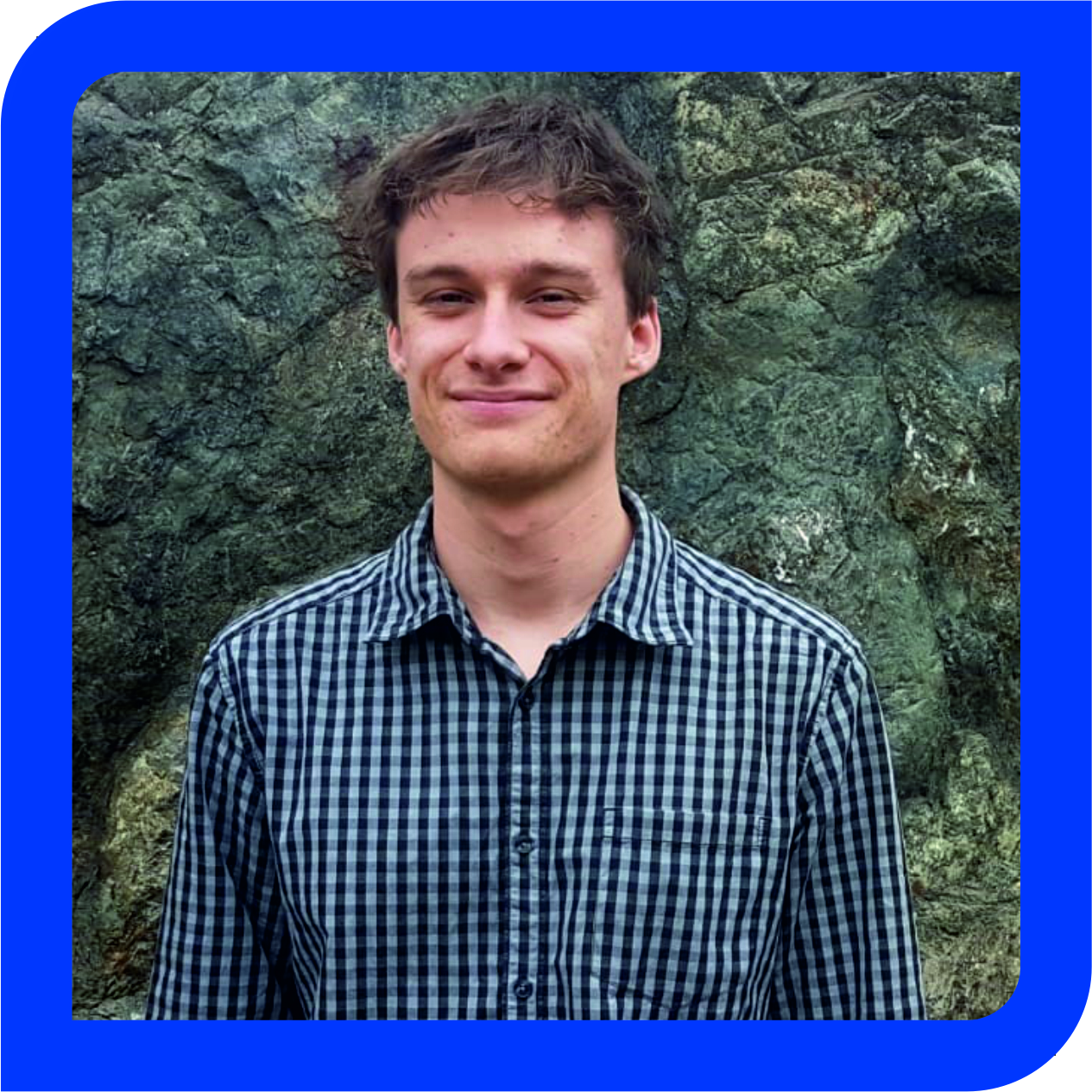
The Martin Luther University Halle-Wittenberg, also referred to as MLU, is a more than 500 year old, public, research-oriented university in the cities of Halle and Wittenberg in Saxony-Anhalt, Germany, which is home to 1,400 academic staff and nearly 20,000 students. MLU offers German and international (English) courses leading to academic degrees such as BA, BSc, MA, MSc, doctoral degrees and habilitation. Following the continental European academic tradition, MLU has 9 faculties, regrouping academic staff and students according to their field of studies, which are: three faculties of Natural Sciences, 3 faculties of Philosophy, one of Medicine, Law and Economics, and Theology. MLU is enclosed by a variety of research institutions, which have either institutional or personal links with the university or cooperate occasionally in their respective fields of studies, such as the Fraunhofer Institute for Mechanics of Materials, the Halle Institute for Economic Research, the Helmholtz Centre for Environmental Research or the Max Planck Institute for Microstructure Physics.
Martin Luther University Halle-Wittenberg (MLU), Germany, with its Economic Geology and Petrology Research Unit, specialises in the geochemical and mineralogical characterisation of all solid mineral phases in exploration, mining and mineral processing. Such geometallurgical characterisation includes the determination of all physico-chemical (including magnetic) properties that are highly relevant for vectors to ore in methods such as soil or whole-rock geochemistry and aero-magnetic exploration. The determination of variations in commodity mineral composition, particle sizes and particle intergrowth will benefit the improved recovery of the ore minerals directly. The geometallurgical documentation of feed materials to mineral processing plants as well as commodity products and waste materials will also help to optimise the ore particle liberation and reduce the loss of commodity minerals to the fines fraction by applying innovative comminution techniques such as the VeRo Liberator®. Over the last 15 years, the MLU-team has gained abundant experience in similar, industry-related international and national projects on various types of complex ores. This will allow the team to contribute fully right from the beginning of the applied project. MLU is suitably equipped with all necessary techniques for geochemical and mineralogical investigations of the said materials with both standard as well as innovative in-house and – where necessary – the most applicable outsourced analytical facilities (e.g. JORC-certified laboratories for whole rock geochemistry and QUEMSCAN-analyses). In-house analytical methods and equipment include: transmitted light- and ore-microscopy, Scanning Electron Microscopy (SEM) with EDX element mapping, Mineral Liberation Analysis (MLA), Short Wave Infra-Red Spectrometry (Terra-Spec), Susceptibility Analysis (Bartington SM3), handheld XRF (Niton XLt3), as well as standard sample preparation laboratories.
Gregor Borg is a German economic geologist by training and has worked in academia, geological surveys, and industry alike for more than 30 years. He studied geology in Germany, did his PhD in South Africa, and holds presently the position of Full Professor of Economic Geology and Petrology at the Martin Luther University Halle‐Wittenberg in Germany. He is author and coauthor of more than 80 full scientific papers and many confidential internal consultancy reports. He has practically explored for and academically studied various types of precious and base metal deposits in several continents. The investigated ore deposit types include BIF‐hosted Archaean gold, sediment‐hosted copper, gold deposits of various types, sediment‐hosted Pb‐Zn, Alaskan‐ and Bushveld‐type PGE, felsic intrusion‐related Sn‐W deposits, and REE deposits. Gregor Borg acts also as deputy chairman of the advisory board of two public mineral resource companies, Deutsche Rohstoff AG and Ceritech AG. Additionally, he is a consultant to international exploration and mining companies as well as to the mineral processing industry. He can claim the discovery of two gold deposits in Tanzania (Buzwagi and Golden Ridge) with over 3 Moz Au contained. Together with his team, he has specialized in the mineralogical, geochemical, and geometallurgical characterization of ores and slags (feed and product materials) for the mineral processing industry. Gregor Borg and his team conduct also interdisciplinary research in the field of geoarchaeological provenance studies of geo‐materials such as marble in antiquity (SW Turkey) and gold, copper and tin in prehistoric times (Europe and especially Cornwall).

Applied Geoscientist with experience in economic geology, development cooperation and remote sensing. Deeper knowledge of analytic and microscopic characterization of rocks.

Ellen Mallas studies applied geoscience at the Martin Luther University Halle-Wittenberg in Germany. She writes her bachelor thesis under the supervision of Prof. Dr. Gregor Borg and Lukas Iwan. Her thesis “Petrographic analyses of lithium-bearing lithotypes from C-57 Mine in the Gonçalo pegmatitic field, northern Portugal”, deals with samples, which were collected in November 2019 in collaboration with Pegmatítica.

Leon Waßmund studies applied geoscience at the Martin Luther University Halle-Wittenberg in Germany and since 06/2020 he is research assistant in the section of Economic Geology and Petrology. He writes his bachelor thesis under the supervision of Prof. Dr. Gregor Borg and Lukas Iwan. His bachelor thesis deals with Li-bearing mica in Zinnwald/Cinovec Sn-Li-W greisen-type deposit, Erzgebirge.
Copyright © 2021 iTarg3T